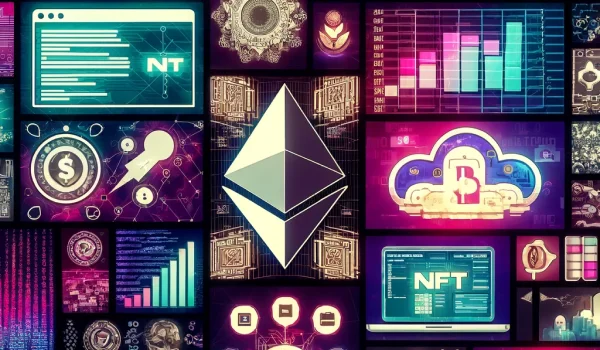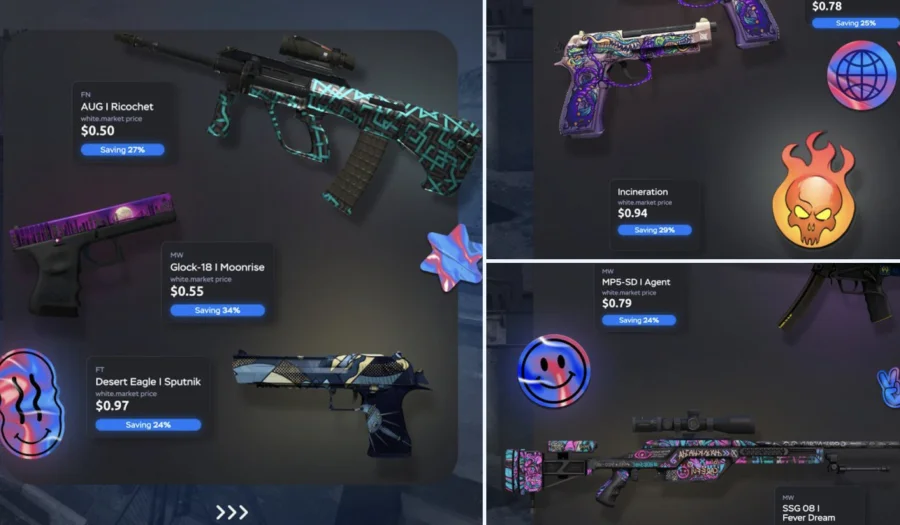The realm of Non-Fungible Tokens (NFTs) presents a thriving ecosystem where creativity, innovation, and legal frameworks intersect. With the burgeoning NFT projects, an understanding and adherence to legal norms become indispensable. This article delineates 12 pivotal pieces of advice, enriched with real-world examples, aimed to assist NFT projects in navigating the complex legal waters.
1. Dive Deep into Legal Frameworks
Familiarize yourself with the legal frameworks governing blockchain and NFTs in your jurisdiction and others where your project may operate. For instance, the United States and European Union have different regulatory stances towards NFTs. Being well-versed with these frameworks will provide a solid legal foundation for your project.
2. Enlist Expert Legal Counsel
Engage a legal expert proficient in blockchain law to navigate the legal nuances of NFTs. For example, a legal counsel could have helped avert the infamous CryptoKitties lawsuit, where the founders faced a copyright infringement lawsuit.
3. Establish Clear Ownership and Copyrights
Ensure clear ownership of assets you are tokenizing and obtain necessary copyright permissions for third-party assets. A notable example is the legal battle faced by Richard Prince for using a Rasta man’s photograph without permission.
4. Craft Transparent Licensing Agreements
Establish clear licensing agreements delineating the rights of all parties involved. NBA Top Shot, for instance, has set a precedent by forming official licensing agreements with the NBA and Players Association to sell highlights as NFTs.
5. Adhere to Privacy Laws
Ensure compliance with data privacy laws if your project collects user data. Enjin, a blockchain-based product ecosystem, employs a GDPR-centric design to ensure privacy compliance.
6. Embrace AML and KYC Regulations
Implement robust Anti-Money Laundering (AML) and Know Your Customer (KYC) procedures. Platforms like Rarible have incorporated KYC procedures to ensure a compliant marketplace.
7. Stay Abreast of Regulatory Developments
Stay updated on legal frameworks and regulatory developments impacting the NFT and blockchain sphere. Subscribing to legal update newsletters from authoritative bodies like the SEC can provide valuable insights.
8. Practice Transparent Communication
Maintain clear communication channels with your community and stakeholders about legal considerations. Axie Infinity, for instance, provides regular updates on its compliance measures, setting a good example of transparent communication.
9. Educate Your Team and Community
Conduct legal education workshops to keep your team and community informed about the legal landscape of NFTs. Offering webinars or creating informative content can foster a culture of legal compliance.
10. Consider Environmental Implications
Opt for eco-friendly blockchain platforms to minimize environmental impact. Tezos, for instance, utilizes a more energy-efficient consensus mechanism compared to traditional Proof of Work blockchains.
11. Maintain Meticulous Records
Keep organized records of all transactions, agreements, and legal documentation. This practice not only ensures legal compliance but also provides a robust defense in case of legal disputes.
12. Prepare for Legal Challenges
Have contingency plans to address unexpected legal challenges. Setting aside a legal fund or having an action plan can be instrumental when navigating through legal hurdles.
Conclusion
The exciting voyage of NFT projects through the digital realm is often intertwined with legal intricacies. Adhering to these 12 pieces of advice, enriched with real-world examples, will provide a robust legal compass for NFT projects aiming to navigate the legal waters seamlessly. As the realm of NFTs continues to evolve, maintaining a strong legal framework will not only ensure compliance but also foster a conducive environment for innovation and growth.


 3 mins read
3 mins read







